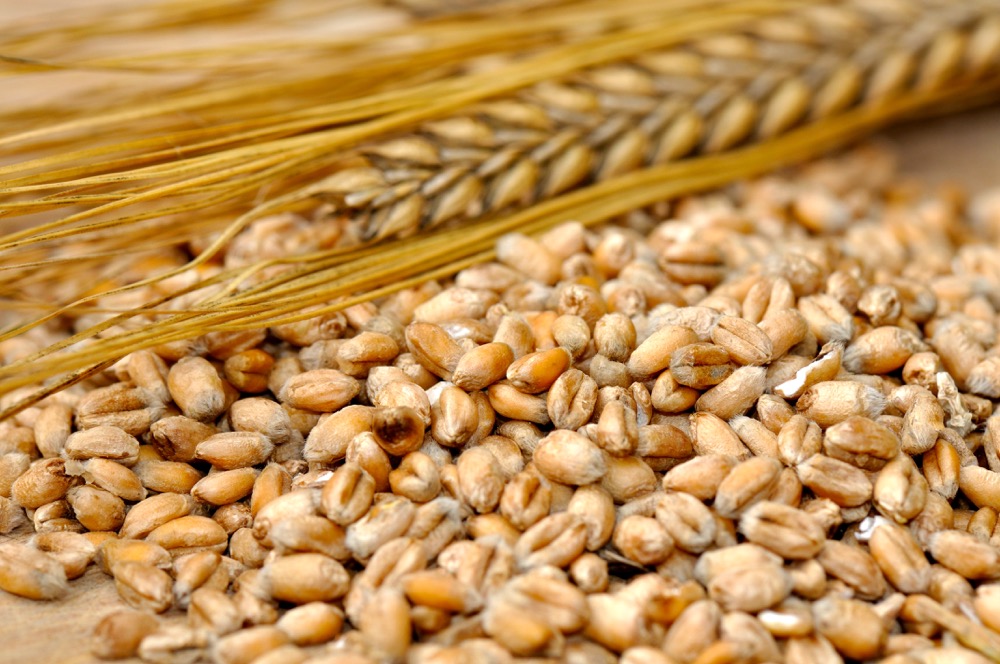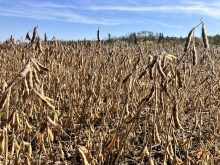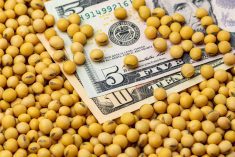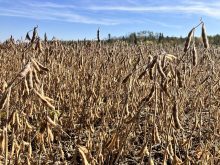Chicago | Reuters—Chicago benchmark wheat Wv1 futures fell on Wednesday for the sixth day in a row, as progress in the U.S. winter harvest weighed on prices and concerns eased over the Russian crop, traders said.
Corn also drifted down while soy dipped as traders monitored U.S. weather and crop losses in South America.
The most active wheat contract on the Chicago Board of Trade (CBOT) Wv1settled down 11-1/2 cents to $6.46-3/4 a bushel. Wheat futures hit their lowest value since May 10.
Read Also

Feed grain weekly: Barley steady in late February
Feed grain bids in Western Canada were holding steady in late February, lacking any fresh market moving news.
Worries over drought and frost damage to the Russian wheat crop have mostly been factored into the market, traders said.
“It’s still dry in Russia and the Black Sea, but it’s not getting worse, so the dryness is already priced in,” said Joe Davis, a trader at Futures International.
Russia is not expected to ban grains exports if a federal emergency is declared due to the frosts, industry experts said on Wednesday.
U.S. winter wheat is six per cent harvested, the U.S. government said on Monday, ahead of the five-year average pace.
Soybeans Sv1settled down 1-3/4 cents at $11.77-1/4 and corn Cv1fell 3-1/4 cents to settle at $4.39-1/4 per bushel.
Soybeans hit a one-month low on Wednesday following a technical bounce earlier in the session.
Crop losses related to recent floods in Brazil’s southernmost state of Rio Grande do Sul were estimated at 2.71 million tons, crop agency Emater said on Tuesday.
Brazil, the world’s No. 1 soybean exporter, suffered heavy crop losses from floods ahead of the harvest, a factor that has supported the Chicago soybean market.
A drought and intense heat in top U.S. corn importer Mexico could damage the country’s crop and stimulate demand for U.S. corn, traders said.
—Additional reporting for Reuters by Naveen Thukral and Sybille de La Hamaide















